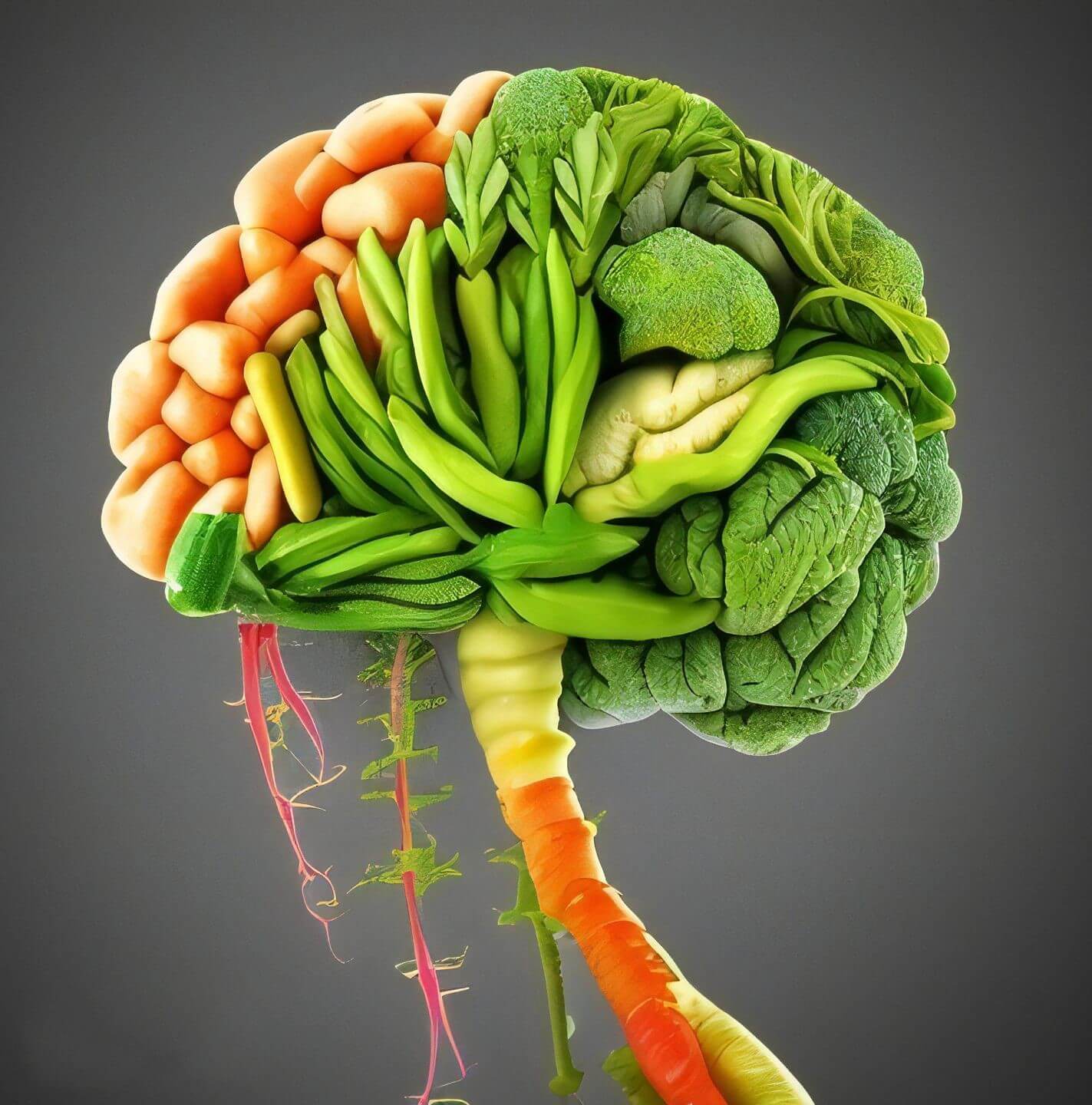Ever had a ‘gut feeling’ about something? It turns out that phrase isn’t just a figure of speech. Your brain and gut are constantly communicating, influencing everything from digestion to mood.
If you have been feeling unwell in the stomach, it could be more than just a bad meal … it might be your brain sending signals. And if you experience brain fog at times, this might be your gut signalling your brain.
To explore how osteopathy may support your gut health, call the team at Body@Boronia on 03 9762 9445 or click on the Book Online to book an appointment.
In the meantime, read on to learn more about this fascinating connection…
The two-way street between brain and gut
The gut is sometimes called the ‘second brain’ because it has its own nervous system, the enteric nervous system (ENS). This network of neurons helps regulate digestion independently, but it also communicates with the brain through the vagus nerve, a major highway for messages between your gut and central nervous system.
This connection explains why stress or anxiety can cause stomach discomfort and why gut issues might affect your mood. The gut produces around 90% of the body’s serotonin, a neurotransmitter linked to happiness, which is why poor gut health can sometimes contribute to feelings of anxiety or depression.
Signs your brain-gut connection is out of sync
If your brain and gut aren’t communicating properly, you might notice symptoms such as:
- Digestive issues – bloating, constipation, diarrhoea, or stomach pain without an obvious cause.
- Mood changes – increased anxiety, stress, or low mood without an apparent trigger.
- Food sensitivities – unexpected reactions to certain foods, possibly due to an overactive nervous system response.
- Chronic fatigue – an imbalance in gut bacteria may lead to lower energy levels.
How osteopathy may support gut health
Osteopaths take a whole-body approach, considering how mechanical and nervous system factors may be affecting digestion. Techniques such as visceral manipulation—a gentle hands-on method—aim to improve mobility and function in the abdominal organs, while cranial osteopathy may help regulate nervous system activity. Addressing restrictions in the spine and diaphragm can also improve vagus nerve function, supporting better communication between the brain and gut.
If you’re struggling with digestive discomfort, osteopathy may offer a natural approach to improving function and balance. Call Body@Boronia on 03 9762 9445 or click on the Book Online to book an appointment.
In the meantime, eating healthy foods and including fibre and probiotics in your diet, if that’s relevant and applicable for you, may help.
For more useful information visit and follow us on Facebook and Instagram.





